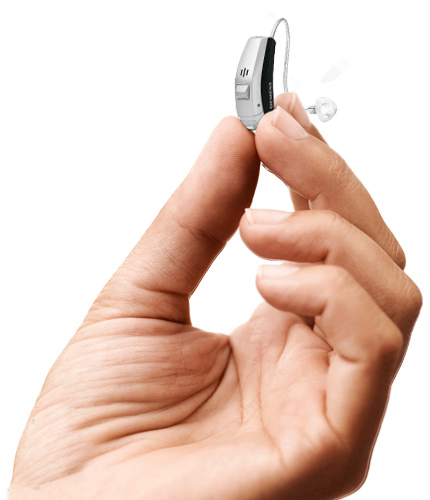5 things you didn’t know about hearing aids and hearing loss
Free consultation for youA 25 year-long American study has found a direct correlation between hearing loss and dementia.
T he study revealed much regarding the common occurence of hearing loss that plagues society, and how to prevent hearing loss from affecting your daily routine.
Hearing loss is the result of sound signals not reaching the brain. It can make certain syllables and sounds harder to hear. High-pitched consonants like f, s and t are easily drowned out by louder, low-pitched vowels like a, o and u. This results in a person with hearing loss complaining that they can hear that others are speaking, but not understand what they are actually saying.
Sign up for a free consultation
Here are the 5 things you did not know about hearing aids and hearing loss
1) Symptoms of hearing loss
Symptoms of hearing loss may have more subtle characteristics than other diseases like diabetes that more obviously present themselves. Symptoms of hearing loss include things like:
Asking people to repeat themselves.
Asking people to repeat themselves.



Turning the TV volume up more than required.



Turning the TV volume up more than required.



Problems understanding speech if someone talks from behind or by their side.



Problems understanding speech if someone talks from behind or by their side.



Attend less social events like family gatherings than in the past.



Attend less social events like family gatherings than in the past.
If you suffer from any of these symptoms, it’s likely that you may have hearing loss. hear.com offers free consultations


2) Hearing loss can lead to decreased cognitive function
Loss of hearing can cause the brain to slowly degenerate due to the cognitive load that is put on the brain in order to process those sounds, sacrificing the efficiency of processing other functions such as memory and thinking. The study of 600 older adults found that those with untreated hearing loss at the beginning of the study were more likely to develop dementia than adults who had hearing loss but were wearing hearing aids.


3) Hearing aids can aid in protecting cognitive function
By helping the user to detect and translate these sounds into a form that the brain can easily interpret, it lessens the cognitive load, letting it spend the extra effort on other functions such as memory and decision making.


4) One in three people above 50 has hearing loss
According to the American centre for disease control, hearing loss is the third most chronic condition and more commonplace than the more widely known diseases such as diabetes and asthma. The CDC estimates roughly 600 million people worldwide are living with hearing loss and that this is most prevalent in Asian Pacific countries, which includes Malaysia.
5) Hearing aid technology has improved by leaps and bounds
Hearing aids are impressive micro-computers that detect your listening environment and adjusts itself to suit your needs. Today’s devices can even be controlled from your smartphone via bluetooth, and unlike in years past when hearing aids were large, protruding devices, today’s hearing aids are almost invisible, only a few millimeters long and roughly the size of coffee beans.





Today, the new Siemens technology offers advanced features that will enhance your ability to hear clearly. hear.com offers models in three categories of technology, basic, mid-range, and premium, to match the level of your hearing loss and your budget needs.




